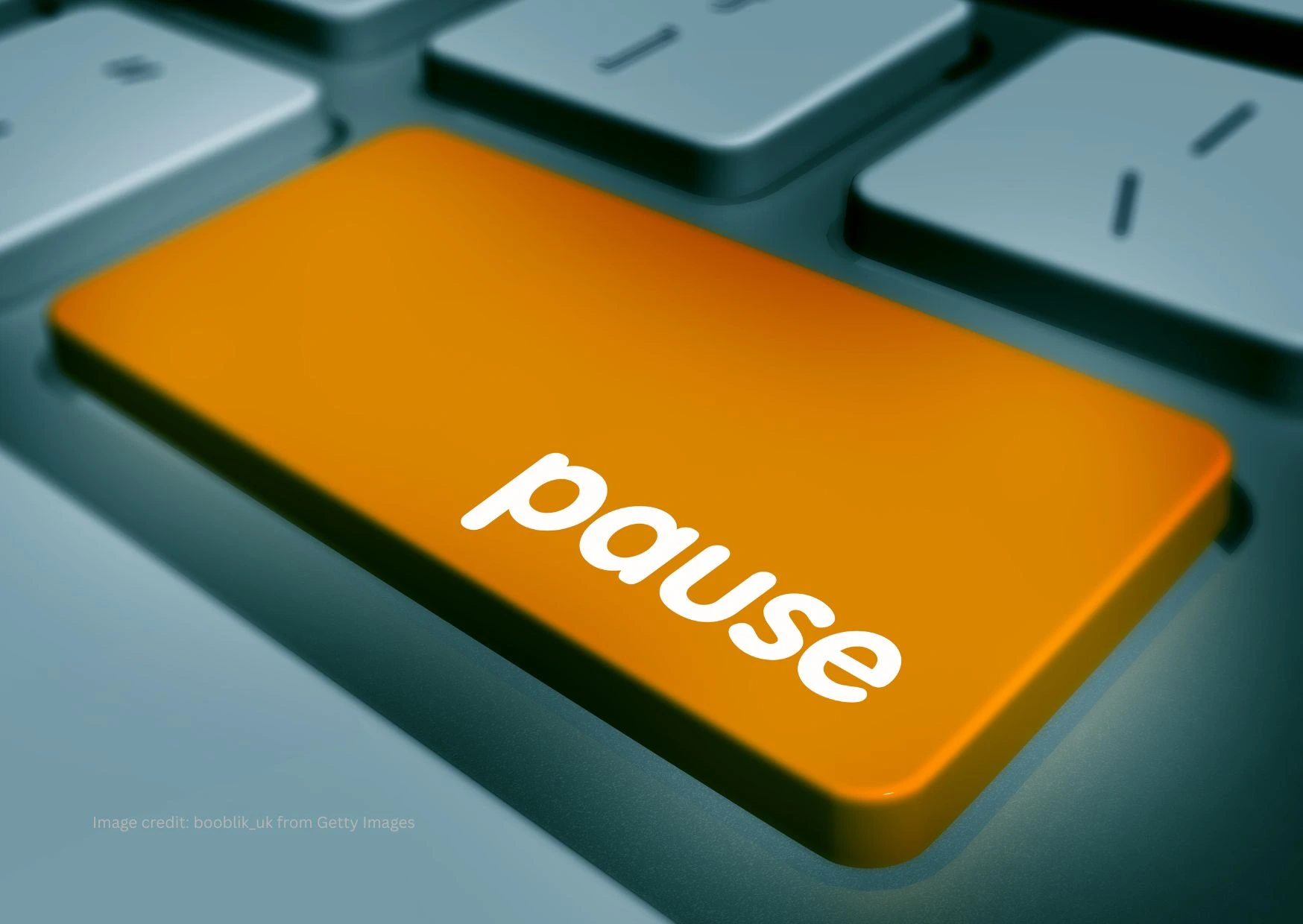In our fast-paced and hyper-connected world, finding moments of stillness and reflection has become increasingly challenging. From the constant barrage of ads to the never-ending demands of work, we are constantly bombarded with information. However, as a business advisor, I have observed that this unrelenting busyness comes at a cost. We are sacrificing our own productivity, efficiency, and well-being. Today, I want to shed light on the importance of downtime and why giving your brain a break can actually enhance your performance.
A Culture Obsessed with Constant Activity
We live in an era where every second of our lives seems to be accounted for. Sporting events have become a maze of ads and distractions, while restaurants and bars are adorned with numerous televisions competing for our attention. Our phones, too, have become relentless sources of stimuli. We have become addicted to busyness, trying to fill every spare moment with some form of distraction or activity. Yet, I believe that this constant stimulation is counterproductive and hampers our ability to achieve peak performance in our professional lives.
The Myth of Constant Productivity
Despite our technological advancements and the potential to multitask, we need to recognize that our brains are not wired to function optimally in a state of perpetual busyness. In fact, studies show that employees spend more than half of their workdays managing information rather than using it effectively. By overloading ourselves with trivialities and distractions, we leave little room for deep thinking, creativity, and problem-solving – all vital components for success in the business world.
The Need for Downtime
Taking regular breaks and allowing our brains time to rest is crucial for maintaining productivity, fostering creativity, and finding innovative solutions. Expert performers, such as athletes and musicians, know this fact well. They recognize that peak performance requires periods of relaxation and recuperation to reap the full benefits of their efforts. Similarly, providing our brains with ample downtime is necessary to enhance our own performance in the professional arena.
The Benefits of Downtime
1. Increased productivity: Stepping away from constant busyness allows our minds to recharge, resulting in higher levels of focus and concentration when we return to work. It also gives us the mental space to prioritize tasks and work on what truly matters.
2. Improved creativity: Our brains need time to process information, connect ideas, and generate new insights. Downtime stimulates our creativity by enabling our minds to wander, fostering innovative thinking and problem-solving.
3. Enhanced well-being: Neglecting downtime can lead to burnout, increased stress levels, and decreased job satisfaction. Taking breaks throughout the workday and allowing ourselves time for hobbies and restorative activities can significantly improve our overall well-being.
How to Incorporate Downtime Into Your Routine
1. Schedule breaks: Prioritize regular breaks during your workday. Small breaks can provide significant mental refreshment, whether it’s a five-minute walk or a few moments of mindfulness.
2. Unplug: Disconnect from technology during your downtime. Resist the temptation to check emails, social media, or news updates constantly. Instead, engage in activities that give your mind a break and promote relaxation.
3. Prioritize rest: Give yourself permission to rest and rejuvenate outside of work hours. Make sure you set aside time for hobbies, exercise, spending time with loved ones, or simply doing nothing at all.
4. Cultivate mindfulness: Practice mindfulness techniques to help you stay present and focused. This can be as simple as taking deep breaths, observing your surroundings, or engaging in meditation or yoga.
As a business advisor, I have witnessed the tremendous impact that downtime can have on performance and well-being. By stepping back from constant busyness, giving our brains the rest they need, and creating space for reflection, we can enhance our productivity, creativity, and overall success. Let us not underestimate the power of downtime and prioritize it in our personal and professional lives.


